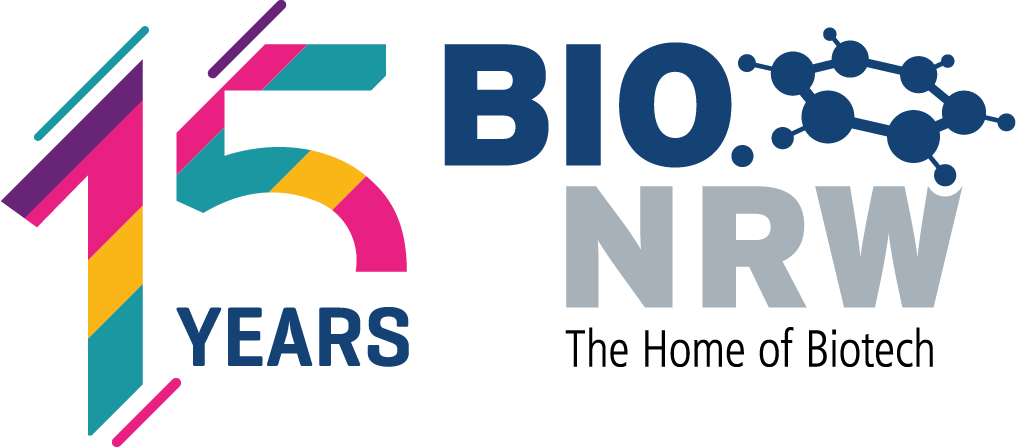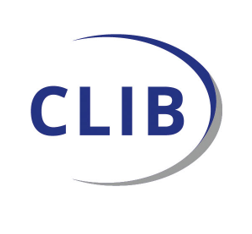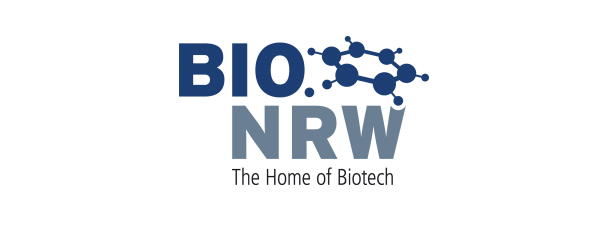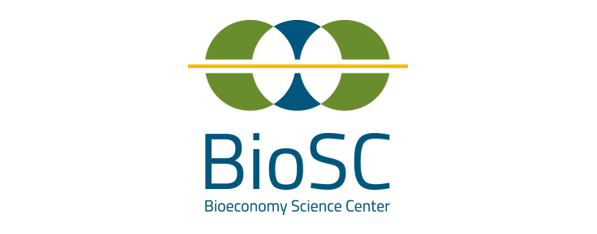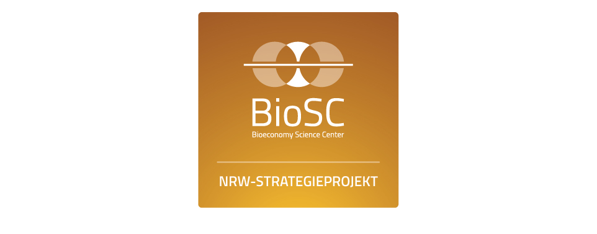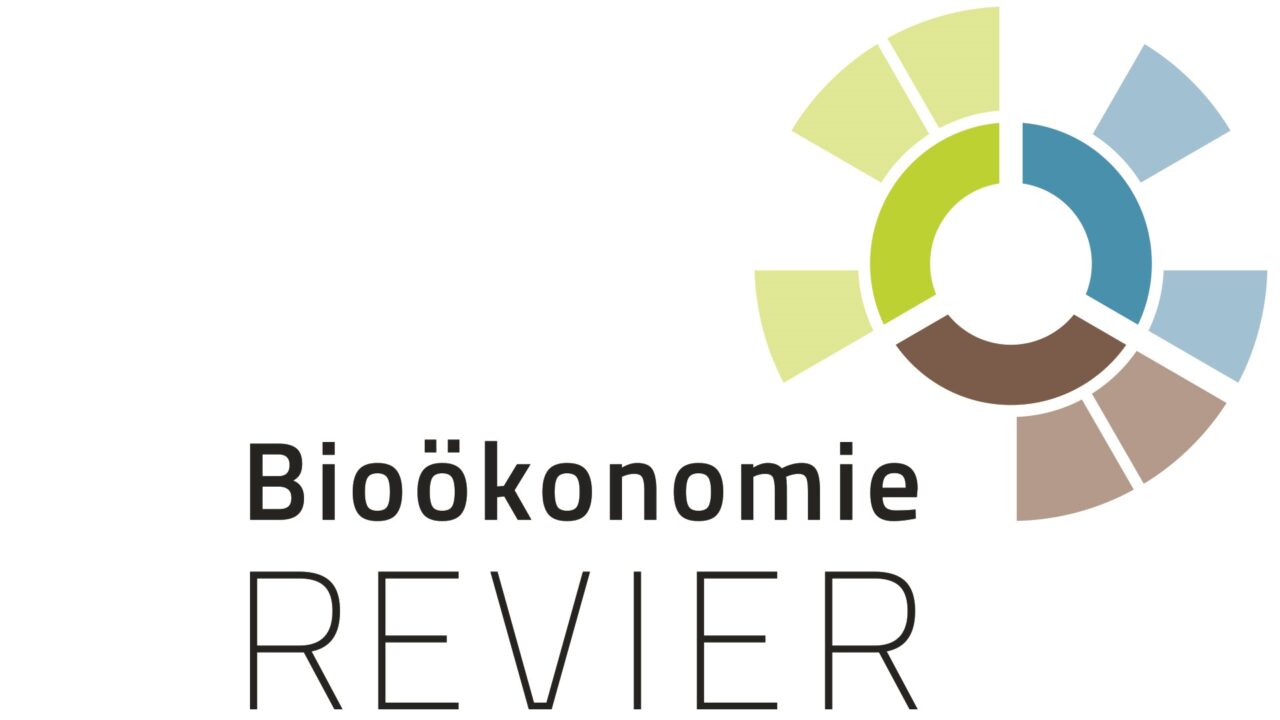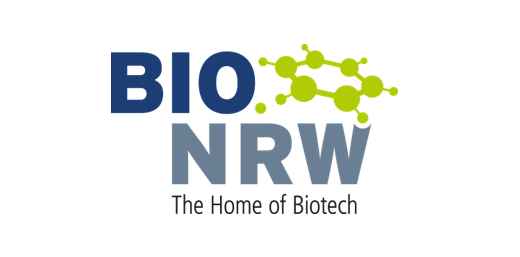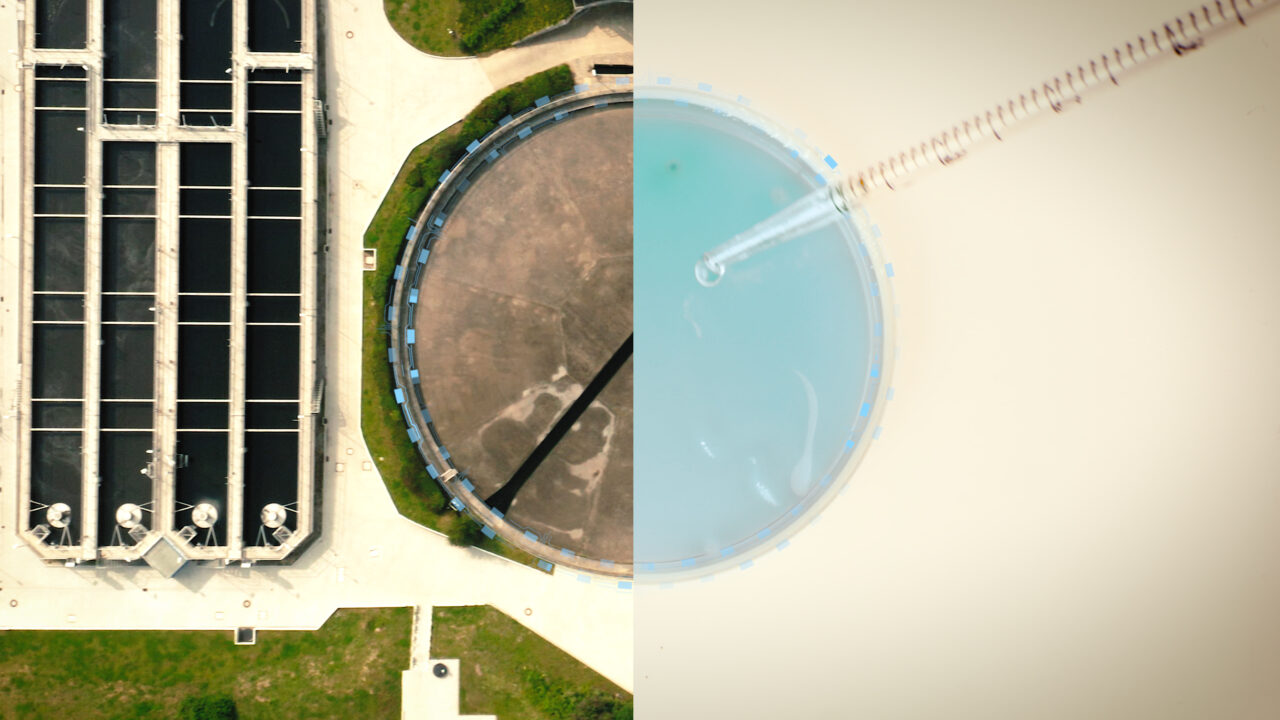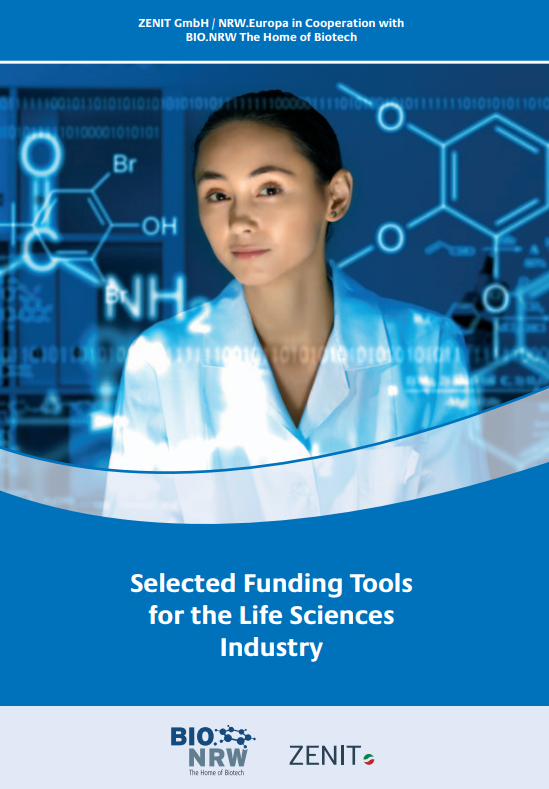BIO.NRW.eco
Bioeconomy
Bioeconomy timeline
Why Bioeconomy in North Rhine-Westphalia?
Location North Rhine-Westphalia
North Rhine-Westphalia is part of the “Blue Banana”, a ribbon-shaped European metropolitan area that has developed into a megaregion within Europe through its cluster of urban centers. This region is characterized by an interweaving of population, economy, industry and knowledge. NRW is one of the most densely populated states in Germany and has thereby a large pool of employees. It also has the densest network of academic institutions in Germany, which leads to a highly qualified workforce. At the same time, however, NRW is also characterized by its decentralized areas with regions outside the metropolitan areas on the Rhine and Ruhr, where agricultural cultivation meets decentralized supply. In addition, parts of the state are still strongly influenced by lignite mining.
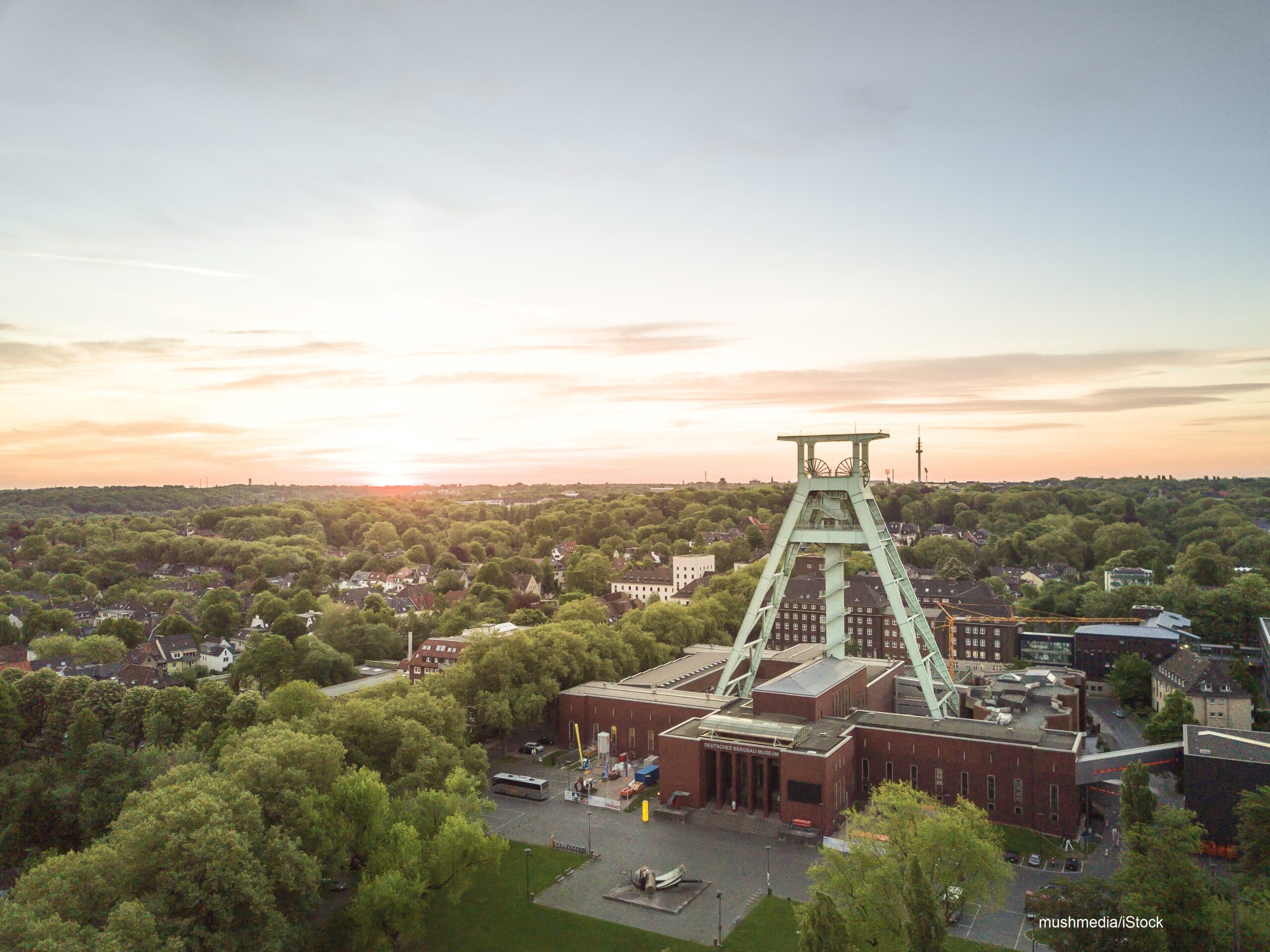
Like other regions, North Rhine-Westphalia is confronted with global societal challenges such as climate change, dwindling resources, loss of biodiversity, urbanization, demographic change and structural change. Solutions to these challenges are complex and require a comprehensive approach supported by society, business and state politics. The bioeconomy could play a role in addressing some of these issues, as North Rhine-Westphalia offers good conditions for the establishment of a bioeconomy model region:
- NRW has agricultural and forestry land that can supply biogenic raw materials.
- NRW is an agglomeration for population and industry and thus has a large quantitative and qualitative selection of residual, side-streams/by-products and waste-streams that can be used as source materials for new products/services.
- NRW is embedded in a good infrastructure network so that materials and goods can be easily exchanged and (further)processed between the various agglomerations.
- NRW has existing industrial value chains, especially in the chemical and pharmaceutical industry, the biotechnology, the energy sector, and the agriculture sector, which can be further expanded or linked across industry sectors in the sense of a bioeconomy.
- NRW is a multi-center conurbation which complies with the principle of the bioeconomy, since the bioeconomy also has the potential to generate regional and decentralized value creation and jobs.
- NRW has the highest density of scientific institutions in Germany. These institutions are the basis for innovation in the bioeconomy and they are also the foundation for education and training for new job profiles in the bioeconomy.
Development of the concept and definition of bioeconomy
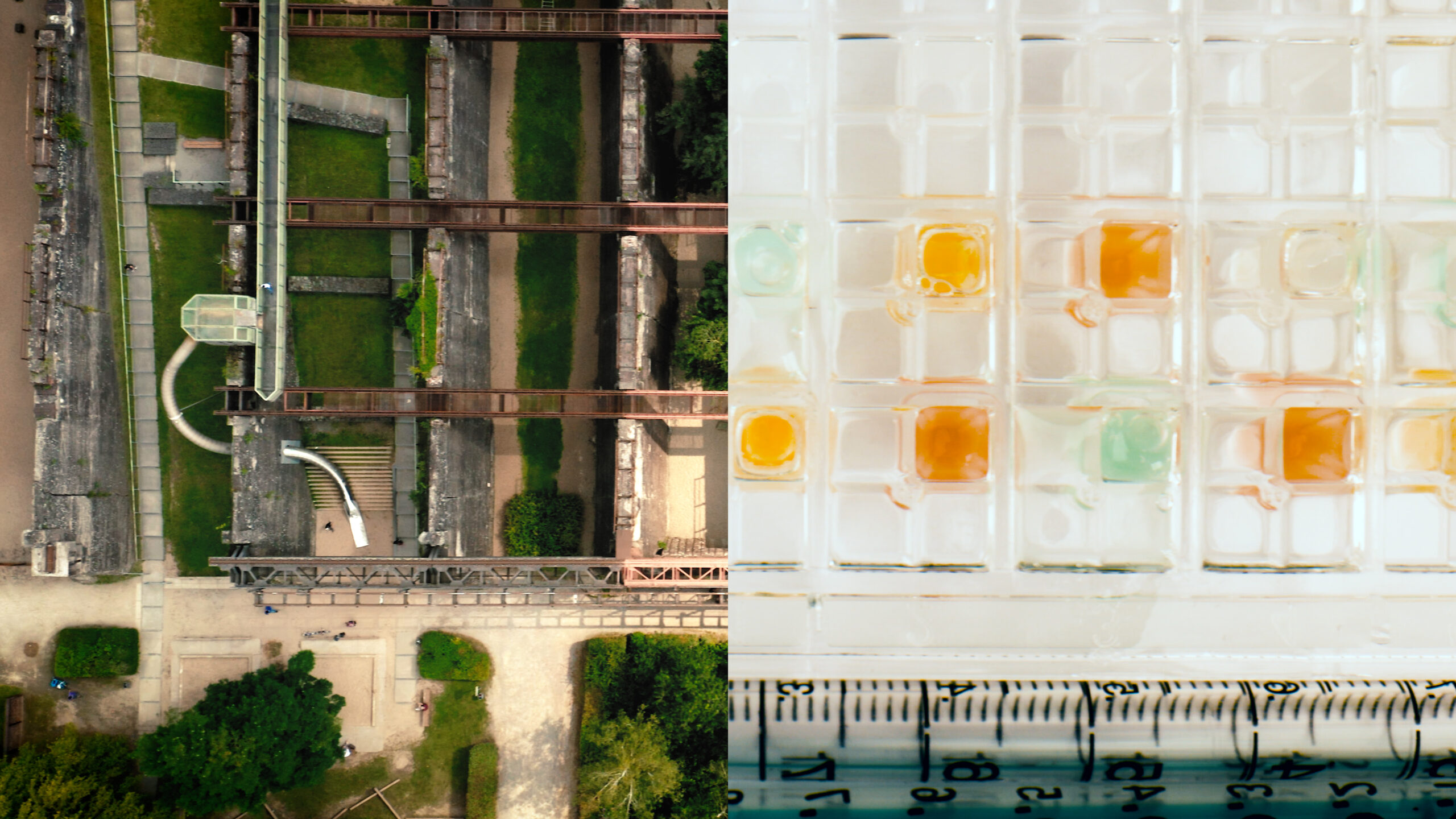
There are many different definitions of the bioeconomy, which vary in their scope depending on the focus. Some bioeconomy definitions, for example, include the concept of circular economy.
However, all definitions of the bioeconomy are based on the assumption that the bioeconomy provides an approach to answer some of the most pressing questions of the 21st century. That is also because the concept of the bioeconomy developed from answering those very questions:
- How can we feed a growing world population and at the same time provide access to prosperity for all without crossing planetary boundaries?
- How can we replace finite resources such as oil, gas and coal?
- How can we stop global warming?
All these questions led to the development of the bio-economy concept and the most important steps of this development can be found in the timeline on this page. We also present here some definitions of the bioeconomy.
Different definitions of the bioeconomy
Definition of the bioeconomy by the federal government from the National Bioeconomy Strategy 2020
The Federal Government of Germany defines the bioeconomy as the production, exploitation and use of biological resources, processes and systems to provide products, processes and services across all economic sectors within the framework of a future-oriented economy. Innovations in the bioeconomy unite biological knowledge with technological solutions and utilize the inherent properties of biogenic raw materials such as their natural cycles, renewability and adaptability. The bioeconomy harbours the potential to provide new kinds of products and processes that protect natural resources and ensure our future prosperity.
Definition of the bioeconomy of North Rhine-Westphalia from the state government’s key issues paper of 2023 (German only)
Für die Landesregierung umfasst die Bioökonomie in Anlehnung an die Definition des Bundes die Erzeugung, Erschließung und Nutzung biologischer Ressourcen, Prozesse und Systeme, um Produkte, Verfahren und Dienstleistungen in allen wirtschaftlichen Sektoren für ein zukunftsfähiges Wirtschaftssystem bereitzustellen. Dazu gehört auch die Nutzung von kohlenstoffhaltigen Rohstoffen aus der Technosphäre (Re- und Upcycling) und gasförmigen Quellen (Recapture), solange diese Nutzung biologische Prinzipien oder Prozesse anwendet.
Definition of the EU from the revised Bioeconomy Strategy of 2018
Sustainable & Circular: Bioeconomy the European way
The bioeconomy covers all sectors and systems that rely on biological resources (animals, plants, micro-organisms and derived biomass, including organic waste), their functions and principles. It includes and interlinks: land and marine ecosystems and the services they provide; all primary production sectors that use and produce biological resources (agriculture, forestry, fisheries and aquaculture); and all economic and industrial sectors that use biological resources and processes to produce food, feed, bio-based products, energy and services. To be successful, the European bioeconomy needs to have sustainability and circularity at its heart. This will drive the renewal of our industries, the modernisation of our primary production systems, the protection of the environment and will enhance biodiversity.
Funding and financing options
Here you find a selection of specific funding calls and funding options for the bioeconomy, sorted by region and type of funding/financing. For general information on funding instruments, please refer to our funding brochure. Please also keep an eye on announcements under News, visit our “Startups and Financing” page with information on our Business Angels Network or subscribe to our newsletter.
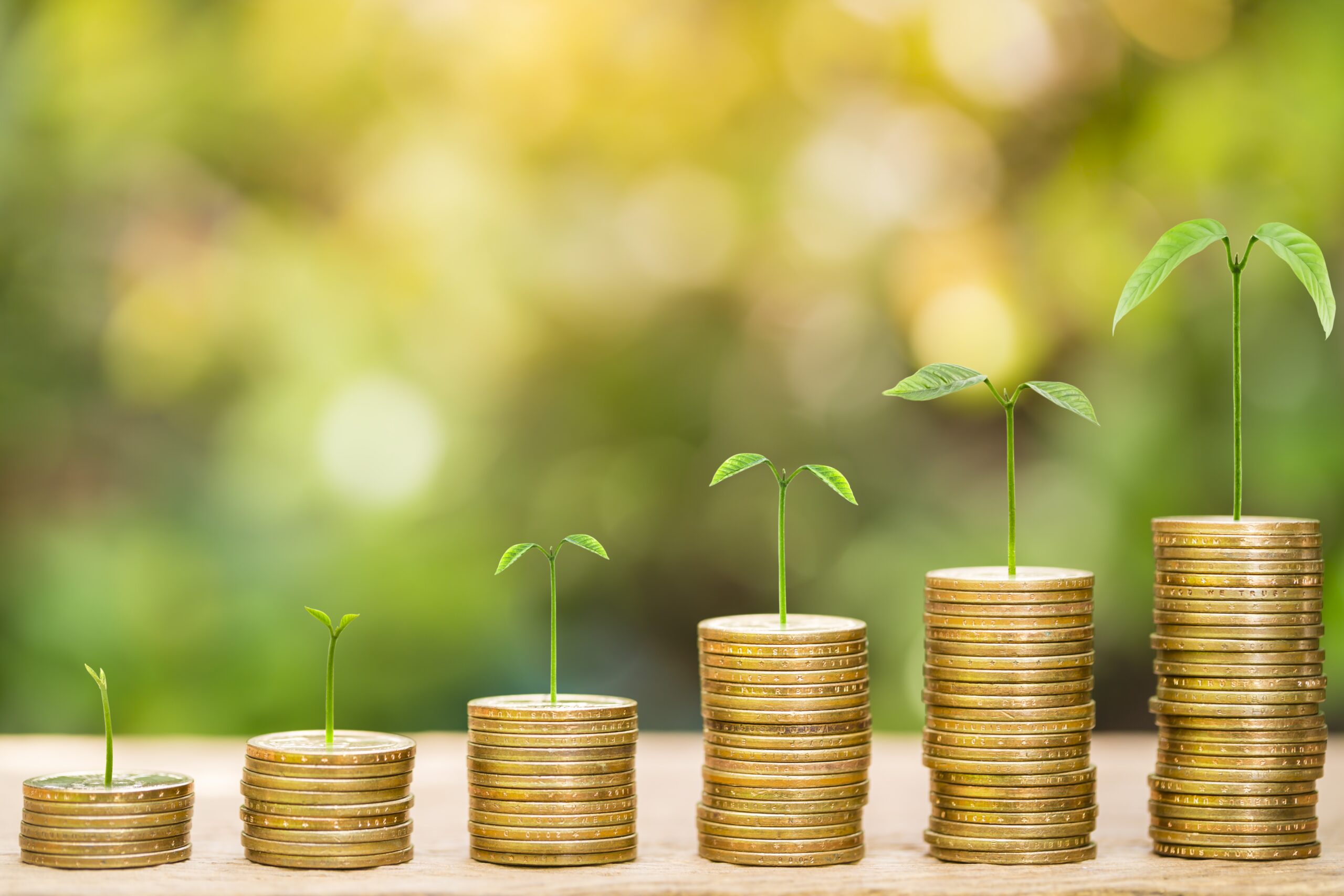
For information on general funding tools
please refer to the brochure (EN)
National: Funding guideline for ideas competition "New Products for the Bioeconomy" within the framework of the "National Bioeconomy Strategy"
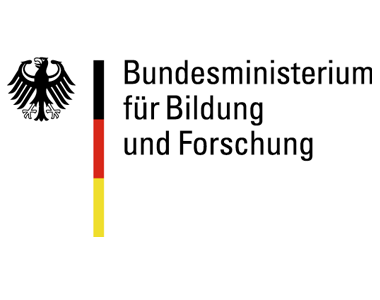 |
The deadline for submission and selecting project outlines prior to the exploratory phase is 1 February each year. Funded by: BMBF Details: The object of the funding is the exploration of new product ideas for a bio-based economy as well as feasibility studies on their technical implementation. The call is open to all topics and covers all areas of the bioeconomy as defined in the “National Bioeconomy Strategy”. Eligible to apply are: Institutions for research and knowledge dissemination, such as universities and non-university research and science institutes, federal and state institutions with research tasks, technology transfer institutions, innovation intermediaries, research-oriented physical or virtual cooperation institutions. The application procedure is multi-stage. Further information can be found here (German only). |
National: Promote the use and construction of demonstration facilities for the industrial bioeconomy.
 |
Deadline for submission: March 1st and June 30th of each year, and for the last time June 30th, 2024. Funded by: BMWi Details (German only): Antragsberechtigt sind: Baustein B: Gewerbliche Unternehmen jeder Größe mit einer Betriebsstätte oder Niederlassung in Deutschland, die bestrebt sind, bereits im Rahmen der experimentellen Entwicklung erprobte Produkte oder Verfahren in einer längerfristigen Testphase zur Marktreife weiterzuentwickeln und prozesstechnisch zu optimieren und dafür den Bau einer Demonstrationsanlage planen. Baustein C: Verbünde entlang regionaler industrieller Wertschöpfungsketten oder -netze bestehend in erster Linie aus Industrieunternehmen, die bestrebt sind, skalierte biobasierte Produkte und Verfahren in industrielle Wertschöpfungsnetze zu integrieren,–Großunternehmen insbesondere im Verbund mit KMU,–Managementeinrichtungen (z. B. Innovationsagenturen, Technologiezentren, Verbände, Vereine, Forschungseinrichtungen, Stiftungen, Kammern und Einrichtungen der regionalen Wirtschaftsförderung), welche die Innovationscluster organisieren. Antragsberechtigt (für alle drei Bausteine) sind auch Hochschulen und Forschungseinrichtungen mit Forschungs- und Entwicklungskapazitäten in Deutschland, sofern sie Teil eines Konsortiums mit Industriebeteiligung sind. Das Antragsverfahren ist zweistufig angelegt. Further information can be found here and here (German only). |
National: STARK - Stärkung der Transformationsdynamik und Aufbruch in den Revieren und an den Kohlekraftwerkstandorten
 |
Deadline for submission: open, unlimited Funded by: BAFA Details (German only): Um die internationalen und nationalen Klimaschutzziele zu erreichen, hat die Bundesregierung den Ausstieg Deutschlands aus der Kohlestromversorgung beschlossen. Für die Kohleregionen führt der Kohleausstieg zu einem umfassenden Strukturwandel. Mit der Förderung und Verarbeitung von Kohle fällt ein bedeutender Faktor für die lokale Wirtschaft weg, der durch neue Wertschöpfungsmöglichkeiten und alternative Produktionsweisen aufgefangen werden muss. Die Transformation der Regionen soll einen Beitrag zum Klimaschutz leisten und gleichzeitig als Beispiel dienen, um auch andere Staaten zum Kohleausstieg zu motivieren. Im Rahmen des Strukturstärkungsgesetztes für Kohleregionen unterstützt der Bund neben Investitionen der Länder auch Projekte, die zu der Entwicklung von ökologisch nachhaltigen und ressourceneffizienten Modellregionen beitragen. Das Förderprogramm STARK zielt darauf ab den Transformationsprozess in den Kohleregionen durch Zuwendungen Further information can be found here. (German only) |
National: KMU - innovativ: Bioökonomie
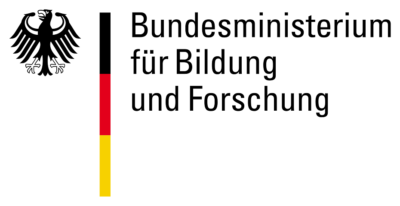 |
Einreichungsfrist: each 15th of April & 15th of October Funded by: BMBF Details (German only): Ziel dieser Fördermaßnahme ist, das Innovationspotenzial kleiner und mittlerer Unternehmen (KMU) im Bereich Spitzenforschung zu stärken und die Forschungsförderung im Rahmen der Nationalen Bioökonomiestrategie für erstantragstellende Unternehmen attraktiver zu gestalten. Das Ziel der neuen BMBF-Maßnahme ist die Förderung technologisch anspruchsvoller Projekte, die auf die effiziente und nachhaltige Nutzung von biologischem Wissen, nachwachsenden Ressourcen sowie Nebenerzeugnissen und Reststoffen aus Produktionsprozessen zielen. Im Fokus stehen die Entwicklung und Herstellung zukunftsweisender Produkte und Verfahren unter Minimierung umweltschädlicher Emissionen (Dekarbonisierung) und Abfälle bzw. deren Rückführung in natürliche Kreisläufe oder Wertschöpfungsketten sowie Arbeiten zu Dienstleistungen in diesen Gebieten. KMU sowie mittelständische Unternehmen, die im Bereich Bioökonomie agieren, sollen mithilfe der BMBF-Förderung zu mehr Engagement in FuE angeregt und in ihrer Innovationsfähigkeit gestärkt werden. So können sie auf strukturelle Veränderungen und Nachhaltigkeitserfordernisse gezielt reagieren. Die Förderung soll dazu beitragen, den Technologietransfer aus der angewandten Forschung und vorwettbewerblichen Entwicklung in die praktische Anwendung zu beschleunigen und den Unternehmen Zukunftsperspektiven aufzuzeigen. Further information can be found here. (German only) |
National: KMU- innovativ: Ressourceneffizienz und Klimaschutz
 |
Einreichungsfrist: each 15th of April & 15th of October Funded by: BMBF Details (German only): Mit dieser Fördermaßnahme verfolgt das Bundesministerium für Bildung und Forschung (BMBF) das Ziel, das Innovationspotential KMU im Bereich Spitzenforschung zu stärken sowie die Forschungsförderung im Rahmen seines Fachprogramms “Forschung für nachhaltige Entwicklung (FONA³)” insbesondere für erstantragstellende KMU attraktiver zu gestalten. Dazu hat das BMBF das Antrags- und Bewilligungsverfahren vereinfacht und beschleunigt sowie die Beratungsleistungen für KMU ausgebaut. Further informtion can be found here. (German only) |
National: Kfw-Umweltprogramm
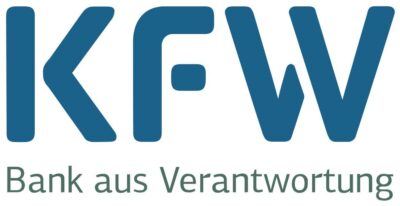 |
Deadline for submission: open, unlimited Funded by: German Government Details (German only): Mit dem KfW-Umweltprogramm fördert der Bund IHre Investitionen in Umweltschutz und Nachhaltigkeit, wenn Sie damit: Further information can be found here. (German only) |
NRW: Gesünder.IN.NRW
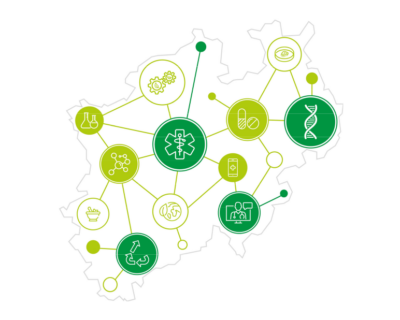 image source: © iiierlok_xolms, LAFS, Vectors, A Oleksii, zaurrahimov, piai, Suncheli, Panuwat, NikWB, spiral media auf adobe.stock.de image source: © iiierlok_xolms, LAFS, Vectors, A Oleksii, zaurrahimov, piai, Suncheli, Panuwat, NikWB, spiral media auf adobe.stock.de |
Deadline for submission: 01.03.2024 and 06.12.2024 Details (German only): Innovationen in lebenswissenschaftlicher Forschung, in der Medizin und im Gesundheitswesen sind Treiber für eine moderne, nachhaltige Gesundheitsversorgung und Gesundheitswirtschaft in Nordrhein-Westfalen. Vor diesem Hintergrund setzt der Innovationswettbewerb “Gesünder.IN.NRW“ des EFRE/JTF-Programms NRW 2021-2027 gezielt auf die Förderung von innovativen Lösungen in den wissens- und forschungsintensiven Themenfeldern der Spitzenmedizin, der Medizintechnik, der Lebenswissenschaften, der Ernährungswissenschaften und der Pharmazie. Basierend auf den Innovationsfeldern der Regionalen Innovationsstrategie des Landes Nordrhein-Westfalen (RIS) sollen mit dem Wettbewerb Kooperationsvorhaben unterstützt werden, die die klima-, umwelt-, und ressourcenschonende Gesundheitsversorgung und Gesundheitswirtschaft in Nordrhein-Westfalen vorantreiben. Gefördert werden Forschungs-, Innovations- und Entwicklungsvorhaben in drei thematischen Schwerpunkten:
Gesucht werden kreative Konzepte und Ideen zu innovativen Verfahren, Techniken und Methoden, die Lösungen zur Prävention, neuartige Behandlungsmöglichkeiten und Therapieformen bieten. Die Instrumente der Digitalisierung und der Biotechnologie als wichtige Schlüssel- und Querschnittstechnologien sind dabei von besonderer Bedeutung. Further information can be found here (German only). |
NRW: ZukunftBIO.NRW
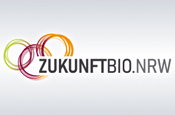 |
Deadline for submission: ongoing until July 31, 2024 or until the available funding is exhausted. Funded by: Ministerium für Wirtschaft, Industrie, Klimaschutz und Energie des Landes Nordrhein-Westfalen Details (German only): Der Förderaufruf „Biobasierte Industrie“ trägt der Schlüsselrolle Rechnung, die dem Aufbau einer biobasierten Industrie auf dem Weg zur Klimaneutralität zukommt. Durch die innovative Nutzung von biobasierten Rohstoffen und dem Recycling biologischer Produkte kann die Unabhängigkeit von fossilem Kohlenstoff erreicht werden. Die Anwendungen können aus unterschiedlichen Branchen kommen. Der Förderaufruf „Zukunftsmedizin“ zielt auf die Verbesserung der allgemeinen Gesundheitsversorgung durch die personalisierte Medizin, die individuell abgestimmte Diagnostik und Therapien ermöglicht. Neu ist ein stärkerer Fokus auf biomedizinische Anwendungen wie in der Zell- und Gentherapie sowie auf Projekte, die geschlechterspezifische Erkrankungen adressieren. Teilnahmeberechtigt sind in Nordrhein-Westfalen ansässige KMU.
Further information can be found here (German only). |
CBE JU Call 2024
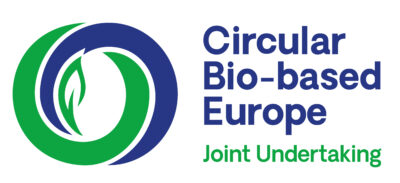 |
Submission: 24.04.2024 – 18.09.2024, 17:00 CET Funded by: Circular Bio-based Europe – Joint Undertaking (CBE JU) Funded types of action:
Find more information here. |
EU: European Circular Bioeconomy Fund (ECBF)
 |
Deadline for submission: open, unlimited
Details: The ECBF focus on scaling up innovative bio-based companies in a late-stage (demonstration or commercial phases). The focused strategy targets five transformational investment fields and 27-European countries where the Bioeconomy generates added value. The geographical investment focus are the 27 member states of the EU, as well as countries that are associated with the EU Horizon 2020 program. Investments are focused on companies or projects with Technology Readiness Level (TRL) of 6-9 and some first significant commercial traction. The investment size ranges from € 2.5- 10 million. Commitment with Environmental, Social, and Governance criteria is a condition for an investment. Contributions to CO2-reduction, biodiversity, circularity, mitigation toxic substances are highly valued.
The focus areas are:
1. Blueeconomy & Fishery;
2. Agro, Farming , Forestry;
3. Basic Materials & Chemicals;
4. Packaging;
5. Nutrition and
6. Home & Personal Care.
Further information can be found here.
|
Bioeconomy downloads/links/media
Bioeconomy in NRW
- Bioeconomy in North Rhine-Westphalia – Homepage of the Ministry of Economic Affairs, Industry, Climate Action and Energy
- Bioeconomy in NRW (Recorded at the BIO.NRW joint stand and workshop area at the Greener Manufacturing Show in Cologne 2022) – YouTube-Video
Bioeconomy in Germany
- Research in bioeconomy – Homepage of Federal Ministry of Education and Research
- Industrial bioeconomy – Homepage of Federal Ministry for Economic Affairs and Climate Action
- Bioeconomy – The information platform
- National Bioeconomy Strategy – download pdf
- Tools of the bioeconomy – download pdf
- Bioeconomy in Germany .- download pdf
Bioeconomy in the EU
- The knowledge base for bioeconomy policymaking in the EU – Knowledge Centre for Bioeconomy
- Circular Bio-based Europe Joint Undertaking – CBE JU homepage
- Circular Economy Action Plan of the EU – download pdf
- Bioeconomy Strategy of the EU – download pdf
- European Bioeconomy policy: stocktaking and future developments – download pdf
Contact

Dr. Jasmin Schubert
Senior Project Manager
Phone: 0211 385 469 – 9204
Key topics
Bioeconomy, Industrial Biotechnology
Biotech Databases
Image Source: BIO.NRW, holwichaikawee/iStock
